The vast majority of striped bass winter in the Chesapeake, Hudson or other mid-Atlantic estuaries after migrating along New England beaches as the much-anticipated autumn attraction for surfcasters. A select few might stay in local waters perhaps by choice or just by getting caught feeding too long on herring or bunker and occasionally some insulated souls would hoist a few fish through Southern New England ice on the shortest of days. Lately, we haven’t seen much thick ice but stripers are arriving from offshore all the way to Christmas and many are much larger than thin “racers” we typically encounter. If you’re hoping to extend your season, here are 6 holdover striper tips to make the most of those short days.
Go Big, Small and Simple. To survive months of limited forage, overwintering stripers must adapt to less saline waters at low ends of their preferred temperature range and conserve precious calories. They will make the most of an opportunity while other times, sit and watch, so I pack a series of pearl, white, yellow, and green over yellow or orange plastics in the four to six-inch range on 1/8 to ¼ ounce jig heads.
Something simple as having a paddle tail versus a thin split tail can make the winning difference. I also carry six to eight-inch plastics in dark colors and a box of grub imitations. Being close cousins, white perch often feed near stripers. Both can be caught when jigging. Low and slow is winter truth but when my Lowrance shows me fish and there’s no bite, it’s best to jig and jig fast to trigger natural lateral line reactions. I also keep several patterns of inexpensive rattling largemouth crankbaits and divers. A small, bright, loud, wiggling fish cruising through sunny shallows might be the ticket. Swap out those cheap trebles for singles to make releases quick and easy.
Pack light. There’s no benefit to having cases of summer lures; bass know what to expect in salty rivers and ponds and it’s not a 10” hard plastic squid imitation. Late season trips are short. Fish can be stubborn and we are easily drawn to the sirens smell of distant woodstoves while shivering fingers try to tie a double surgeon’s knot. If you kayak fish, clip the paddle to your vest, secure rods with bungee type chords and have a few charcoal activated hand warmers. They are best ten bucks you might spend all winter. Keep weight to a minimum, which limits your reaching around for something, risking a flip.
Please, please release me. More people and fish are staying here later and later each year. If you find fish, there’s a chance someone else did also. Word will spread quickly. Pressure on holdovers will increase. Vehicle and foot traffic will increase. The number of fish removed will increase. NO TRESPASSING signs will return. Nature is keeping more fish here than in decades past to feed and breed in the spring. Before holdover populations take a hit, please release them carefully. Gills and eyes are terribly fragile in cold air so either forgo the picture, take a water shot or be ready to shoot and release. When you realize how cold your hands are, think about those thin fish gills. Like many of us, they’re just trying to get through a long winter.
Don’t deny. Our environment is changing, whether you cast from a donkey or an elephant. If you are fortunate to find a bluebird day with air and water in the mid-forties and stripers blitzing on peanut bunker, it’s easy to understand our waters are changing also.
Approach like a trout angler.
Take a moment, look around, see everything. Take mental notes. Small environmental details or presence of other species might make you a better angler and over time, paint a picture of change. Write your notes when you’re home by the fire. We humans are very successful using rear view mirrors to see where we went wrong but we should see things changing right now, regardless of who you blame or what you want to deny.
Be Safe. This is no tip at all, it’s a mandate. No six pound bass, fresh or salt, is worth tipping over or falling over. December green rocks remain slippery rocks. There are less sea wall walkers or Weekapaug Fire District rental cops harassing bundled up beachcombers to alert if something goes sideways. Fishing is supposed to bring us joy, relief, peace, excitement and overly exaggerated stories, not some brisk risk to be an internet hero. Your social media followers won’t follow you when you bang your head on a gunwale getting into some old icy pram. PFD technology has created lightweight horseshow type inflatable styles and traditional vests with enough pockets and zingers to keep us occupied when fishing is slow. Brite Strike Technologies produces APAL lights which are affordable, crushable, adhere to anything, last for years and can be seen for miles.
I carry a half dozen in my PFD and kayak. Have lights, a whistle and an emergency blanket like a SOL HD. If you go over, you need to restore core temps rapidly. Keep a bag with bulky sweatpants, sweatshirts and wool socks in your vehicle to fit over wet clothes. Wading out chest deep in July pales in some dim December sunlight, especially if you slip. After failing to fully zip a PFD while on patrol with his Coast Guard unit, my younger brother was tested in icy Jonesport, Maine waters. They heaved him overboard. Short story long, he was unable to bring a simple zipper up one inch. That’s reality and a sober reminder that we aren’t as tough as we think we are when water and air combine to overrule our internal systems. Late season fishing begins with choosing the right day.
Be Thankful. Most of all, we are four seasons fortunate to fish where we do. The more grateful we are for our environment and all nature provides, the more inclined we are to protect it. Releasing a pretty winter fish may be the highlight of your winter.
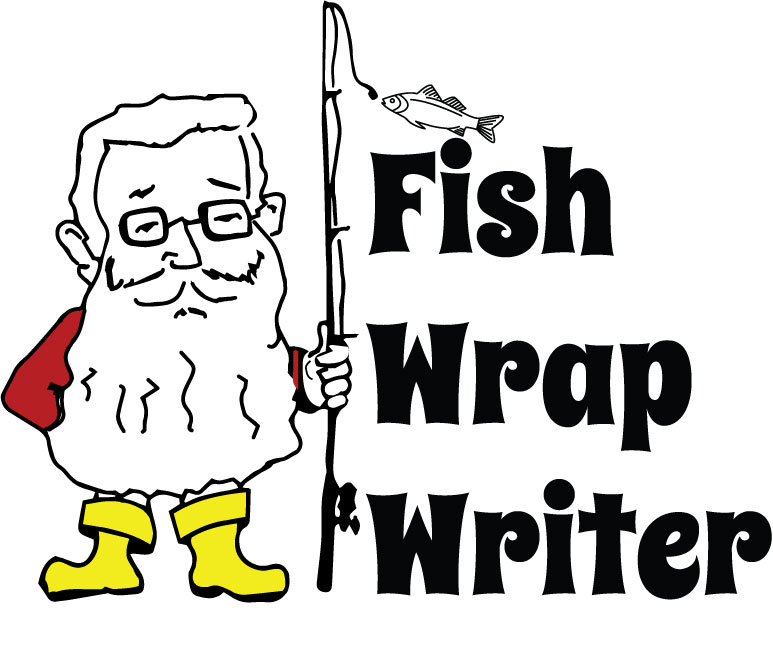
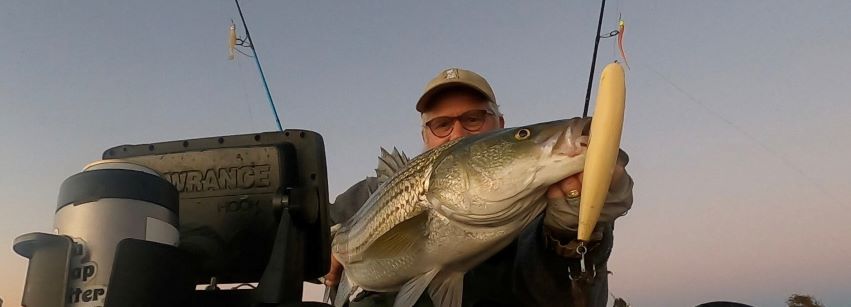
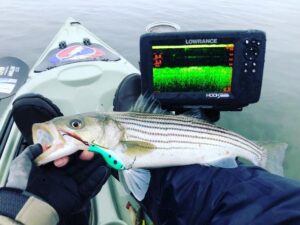
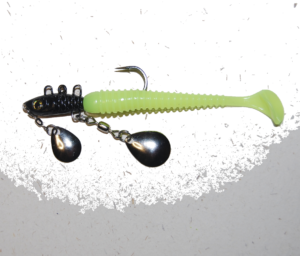
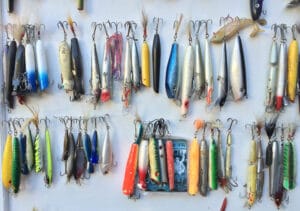
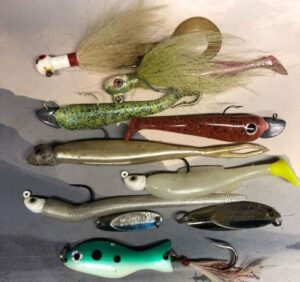
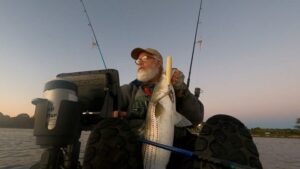
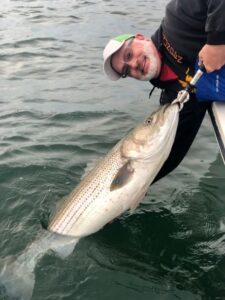

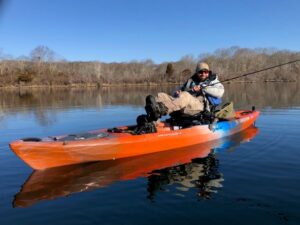



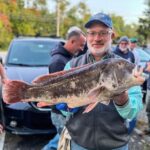
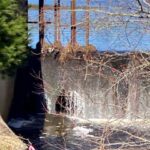
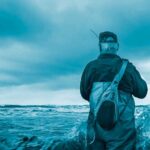
Fantastic article!
Well thank you my friend. I do appreciate that.
Awesome article!!! Let’em go to play again…and thanks for the environmental words, recognizing and responding to environmental change is crucial to future generations of fishers and everyone else. Also the Glasswater Angling shout out is very much appreciated.
Hey man great article, thanks for the shout out to Glasswater Angling. Right on to conscientious catch and release, let’em go carefully to play again is the sporting thing to do. I really dug the environmental words of wisdom. I appreciate your encouraging people to recognize and respond to environmental change. Finally, I am just starting to kayak and am ready to move from pond hopping to bigger waters, rivers and so forth so the safety tips were most welcome.